Travel Date: 27/03/2021-01/04/2021
It's our first time visiting Penghu, and I'll describe the process, prices, our accommodation, and the places we visited in separate posts as I have a lot planned.
We started by visiting the historical Ash Kilns and the famous attraction known as "Moses Parted the Sea," where we witnessed the low tide creating a pathway to a nearby small island. We also explored Nanliao Village, renowned for its traditional fishing settlement, with many interesting buildings to see.
In addition to the main island, we ventured to the smaller islands connected by sea-crossing bridge. On Yuwengdao Island in Xiyu Township, the furthest island, we visited the Yuwengdao Lighthouse, the Sanxian Pagodas with their breathtaking views of the sea, and observed the fake cannon. We also enjoyed the natural beauty of Daguoye Columnar Basalt, Niuxin Mountain and Paradise Road. In Xiyu, there are several forts worth exploring, such as the Western Fort, Eastern Fort, and the Five-hole bunker.
Zhuwan Temple left me with mixed feelings as I enjoyed seeing the turtles but felt sorry for them living in captivity underground.
Chen Erkan Historical House, along with the entire village of unique old buildings, is a famous place to visit in Penghu.
Going south on Magong Island, we explored the remains of a Dutch castle (actually a memorial), as well as the South and North Pagodas, which have unique and intriguing designs, though their exact story remains unknown.
Magong City is also filled with historical architecture. We explored Zhongyang Old Street, old wells, Mazu Temple, and the sole remaining city gate.
We discovered a place in Penghu where you can interact with starfish and sea urchins, which was particularly interesting for kids as they could learn more about the underwater world.
Another fort we visited, Jinguitou Fort, was once used to defend the island of Penghu.
For those interested in temples and religions, the Confucius Temple is worth a visit.
In just four days, we experienced an incredible amount. Penghu is truly beautiful, and I hope to revisit someday in the future.
Nanliao Village (南寮社區魚灶)
Nanliao Village is located further away from the sea, making its development more challenging. As a result, many villagers moved out in the early days, leaving behind numerous old tribal buildings. This has contributed to maintaining the traditional rural atmosphere of Penghu in Nanliao. The village is adorned with traditional houses featuring red tiles and stone walls. It is common to find single-family houses, triple courtyard houses, as well as large family-style buildings. Ox carts and luxury houses are also prevalent in this area.
Apart from its early fishing industry, Nanliao Village is known for its traditional farming settlements. In the 2014 space creation plan, the promotion of a "small farmer market" was initiated. Villagers collaborated to create a market space using floating ball installations and colorful paintings. The market allows villagers and residents from nearby communities to sell fresh fruits, vegetables, and locally caught seafood, promoting the concept of non-toxic farming and reducing food carbon footprint.
See also: Zhuwan Temple, Erkan Historical Village
Xu Fan Ancient House (歷史建築-許返古宅)
Xu Fan Ancient House, registered as a "historical building" by the Cultural Bureau of the Penghu County Government, holds religious and artistic value. The ancient house was built during the Qing Dynasty (1851-1861) and comprises a large house, a pavilion, and a deep well. Despite being renovated three times, it has been well-preserved. In recent years, installation art has been incorporated into the village, with artists creatively using floating ball fishing gear and adorning every corner of the Nanliao community with cute animal designs.
The FuJi fish stove, another focal point of renovation and restoration in the community, was constructed by Dai Fu Ji in 1959. It consists of three parts: the stove, chimney, and salty trough. In 2012, as part of the space construction plan, subsidies were provided for the renovation to enhance the appearance of the fish stove. This allows visitors to experience the traditional fish stove industry in Penghu. While fish stoves are no longer an essential economic tool for the people of Penghu, they remain a nostalgic memory of the lives of many Penghu residents.
Cow Road (南寮牛屎窟)
The Niu Shi Cave experience area, known as the "Cow Road," is also included in the renovation plan. Through a rural regeneration project subsidy in 2013, villagers jointly planned the Niu Shi Cave experience area to recreate the rural life of the early days. Cow dung cakes were an important fuel for daily life in agricultural communities. The area features cow dung pits and related tools used for collecting cow dung in the past, allowing visitors to experience the process of making cow dung cakes and learn about early rural culture.
Nanliao Tree House (南寮硓𥑮樹屋)
In 2013, through the International Volunteer Travel Program, community service was conducted, and the Nanliao Tree House was carefully decorated. It has now become a hidden gem for exploring history in the area.



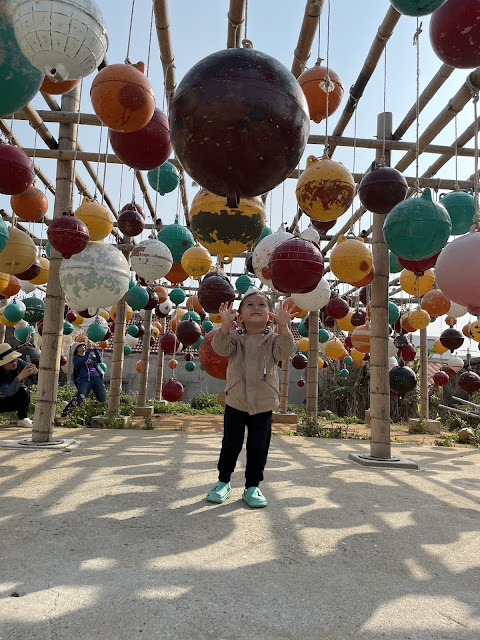


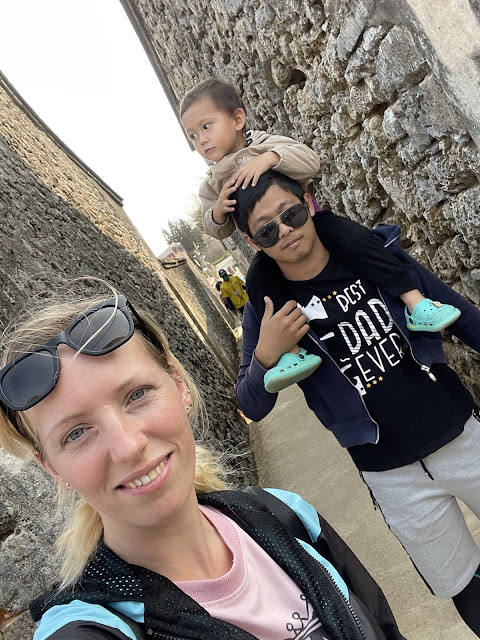




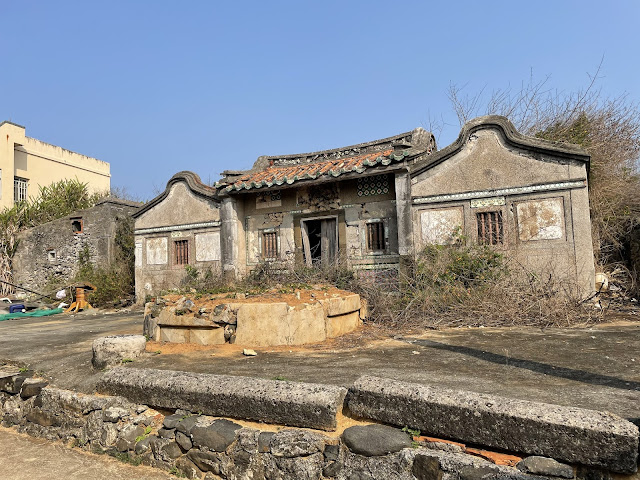






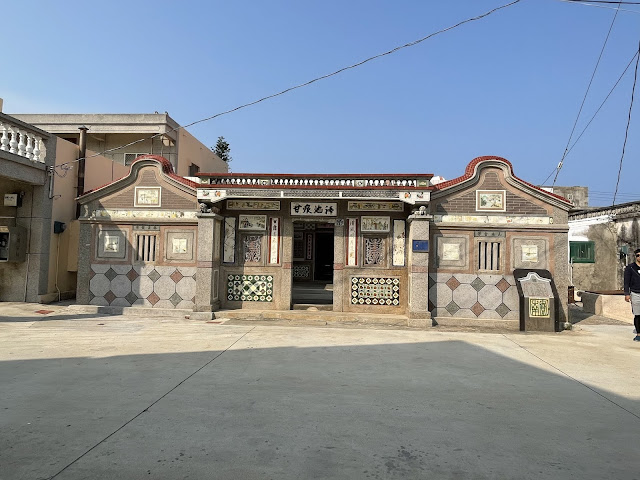











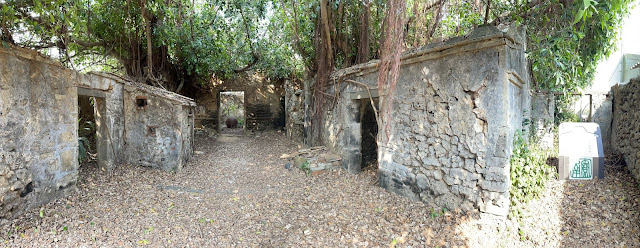
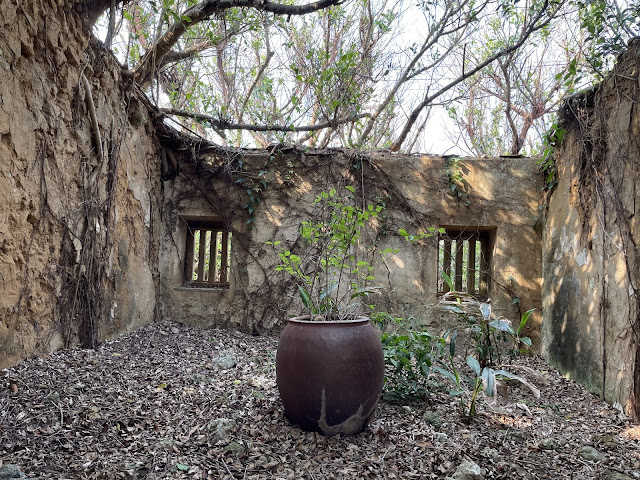

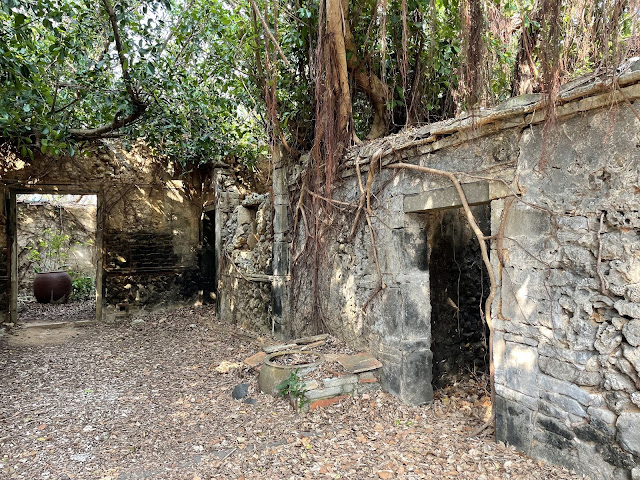








0 komentarze:
Post a Comment